What to Consider When Buying a RV
Owning an RV can provide years of joy and freedom, if you know how to pick the right RV for your lifestyle.
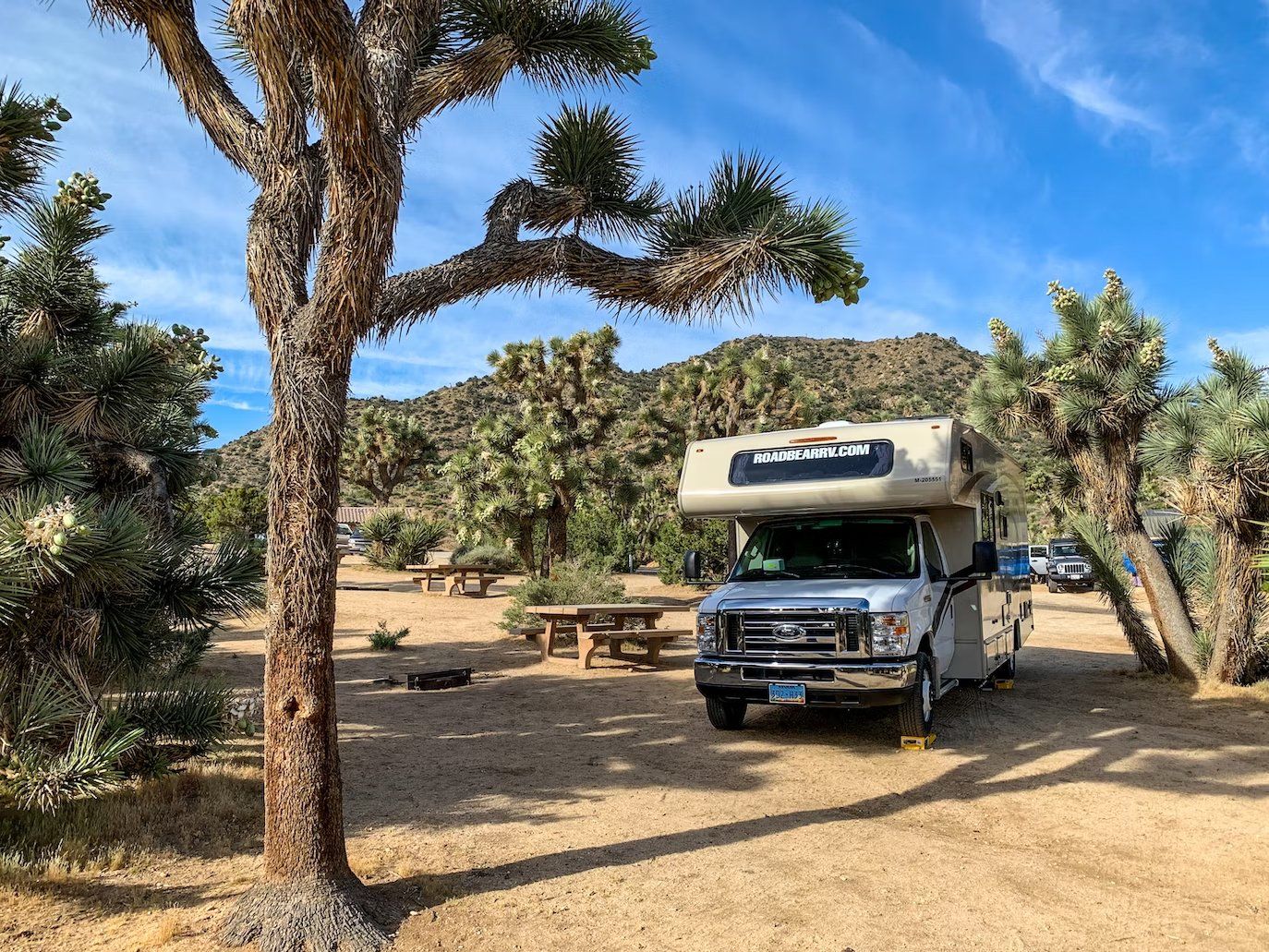
Buying a RV is a big decision. Not only financially but also as it is a complete lifestyle change - whether you intended it or not!
Owning an RV can provide years of joy and freedom, if you know how to pick the right RV for your lifestyle.
Here are our tips for what you should consider when buying a RV.
Size
The size of RV will be completely dependent on whether you’re looking for a cozy getaway for two or a family of four. RVs also differ in length. Longer vehicles may limit you in where you can go, but more compact campers could potentially limit comfort and modern conveniences. Before you choose your size you should consider your current lifestyle, but also at least your intentions for the next five years as well as what you’re planning to do with your RV. This will greatly help in your decision with what type of RV to buy.
Type of RV
Besides size, the type of RV you choose will be dependent on your lifestyle. Not all RVs are suited to everyone’s style of travel. You’ll also need to consider where or what type of places you want to visit: rough, wilderness campsites, more easygoing trails or mostly freeway.
There are two broad categories of RVs: Motorized (motorhomes) and Towed.
Towable RVs can roughly fit into five different categories: fifth-wheel trailers, travel trailers, sport-utility trailers, truck campers and pop up (or fold-down) campers.
MOTORIZED RVS:
Motorized campers generally refer to all-in-one vehicles that you drive. These may include top of the range luxury RVs that feels like a home on wheels; smaller, but still very comfortable campervans that may include a kitchen and toilet and converted vans which typically includes a small kitchenette and bed.
TOWED RVS:
Fifth-Wheel Trailers
Fifth-wheel trailers are the equivalent of the luxury motorized RV, except that they are towed and not drivable.
Due to their size they must be towed by a large pickup truck or a conversion van. A fifth-wheel connects to the tow vehicle via a “gooseneck” extension, which extends over the back of the towing truck. This feature provides a stronger and more maneuverable connection than ball hitches.
Fifth-wheel trailers are, as a rule, very spacious. Fifth-wheels typically include full-size kitchens and baths, ample storage and sleeping accommodations for up to eight people.
Travel Trailers
Travel trailers come in a variety of sizes and the range of amenities and floor plans varies widely from space for 2 to up to eight people. Travel trailers are usually lighter than a Fifth-wheel. This gives you the advantage of being able to pull it with a lighter tow vehicle. Many of the smaller travel trailers can be towed with a 1/2 ton pickup or larger SUV.
Travel trailers connect with a standard ball hitch receiver and can be towed by any vehicle rated to handle their weight capacity
Sport-Utility Trailers
Sport-utility trailers (SUTs), commonly called “toy haulers,” were not created as a place to sleep. These RVs were designed to allow outdoor enthusiasts to transport their jet skis, motorcycles, ATVs, etc. more easily.
Truck Campers
These RVs are perfect for weekend warriors, spontaneous travelers and outdoorsy types who favor flexibility, drivability and affordability over luxury amenities.
Truck campers (sometimes called “slide-ins” or “cab-overs”) are made by mounting a hard-sided camper shell to an ordinary pickup truck, and still give you plenty of conveniences.
Truck campers typically sleep two to four passengers and offer small cooking, dining, storage and bath facilities.
Pop Up (Or Fold-Down) Campers
Pop-up campers are compact trailers that feature extendable top and side sections that are folded away during travel for easy transport. Appearing just as a normal trailer they are generally lightweight and offer room for a few people to sleep. Most have a refrigerator and stove or small kitchenette, but no bathroom. Ideal for weekend camping when you want something more robust than a tent to sleep in.
Lightweight and easy to maneuver, pop ups can be towed by ordinary passenger vehicles (like an SUV, minivan or full-sized sedan) via a ball hitch receiver.
Buying New vs Used
The most obvious difference between deciding to buy new or used is price. RVs generally hold their value quite well in the market and even used RVs are not cheap. More customisations also add to the price, but may also require a savvy mechanic to give everything a once over.
Buying new you receive at least a one-year warranty on everything bumper to bumper. This is really great as things move while on the road and you’ll be covered should anything happen. Buying new is a blank canvas. Whether buying top of the range or an affordable pop-up trailer you will probably want to make some customizations.
Buying used may however come with many customizations already in place, the only problem is that if those customizations are not something you wanted, or if they were not made by a
qualified RV technician/mechanic. Buying used does also save you money and you could make improvements to your taste as further upgrades or accessories within budget.
MAINTENANCE
RVs require regular maintenance and repair, more so than an ordinary vehicle. It is important to have your RV inspected seasonally and perform
regular trailer checks before traveling.
Depending on your destinations you may also look to acquire
RV suspension upgrades, or
RV towing accessories to make things more comfortable for tows or when parked.
It is important to find an auto-mechanic that understands RVs and one that you can trust to have your best interest in mind.
Speak to Smitty’s for all your RV requirements for the best advice.
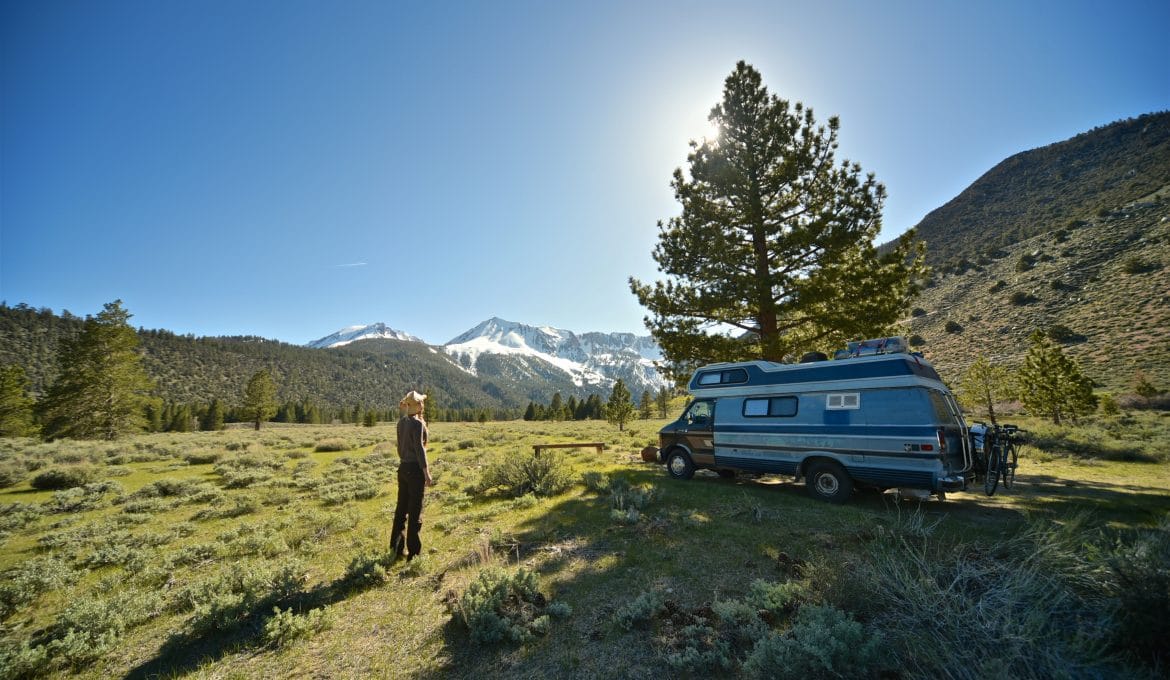
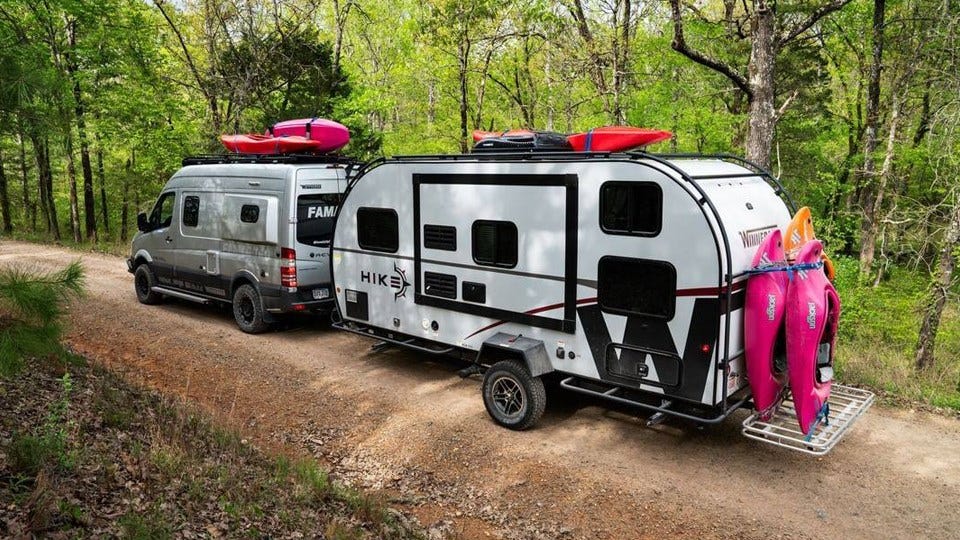


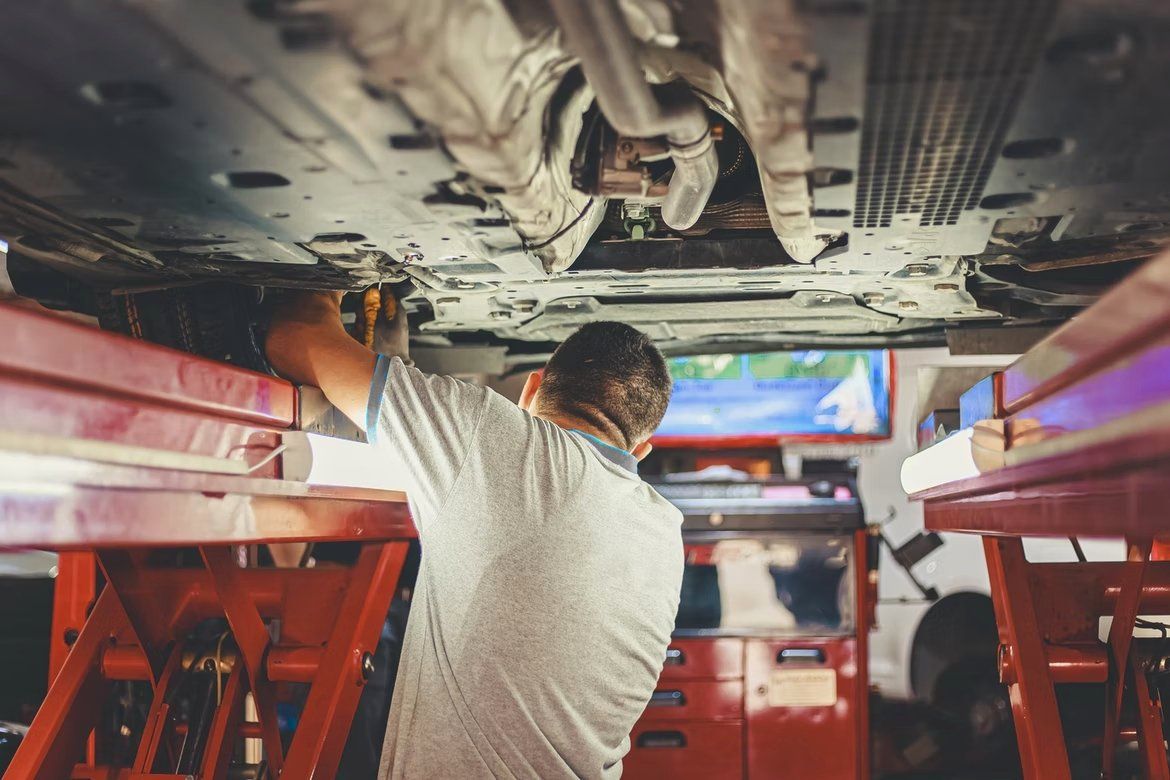
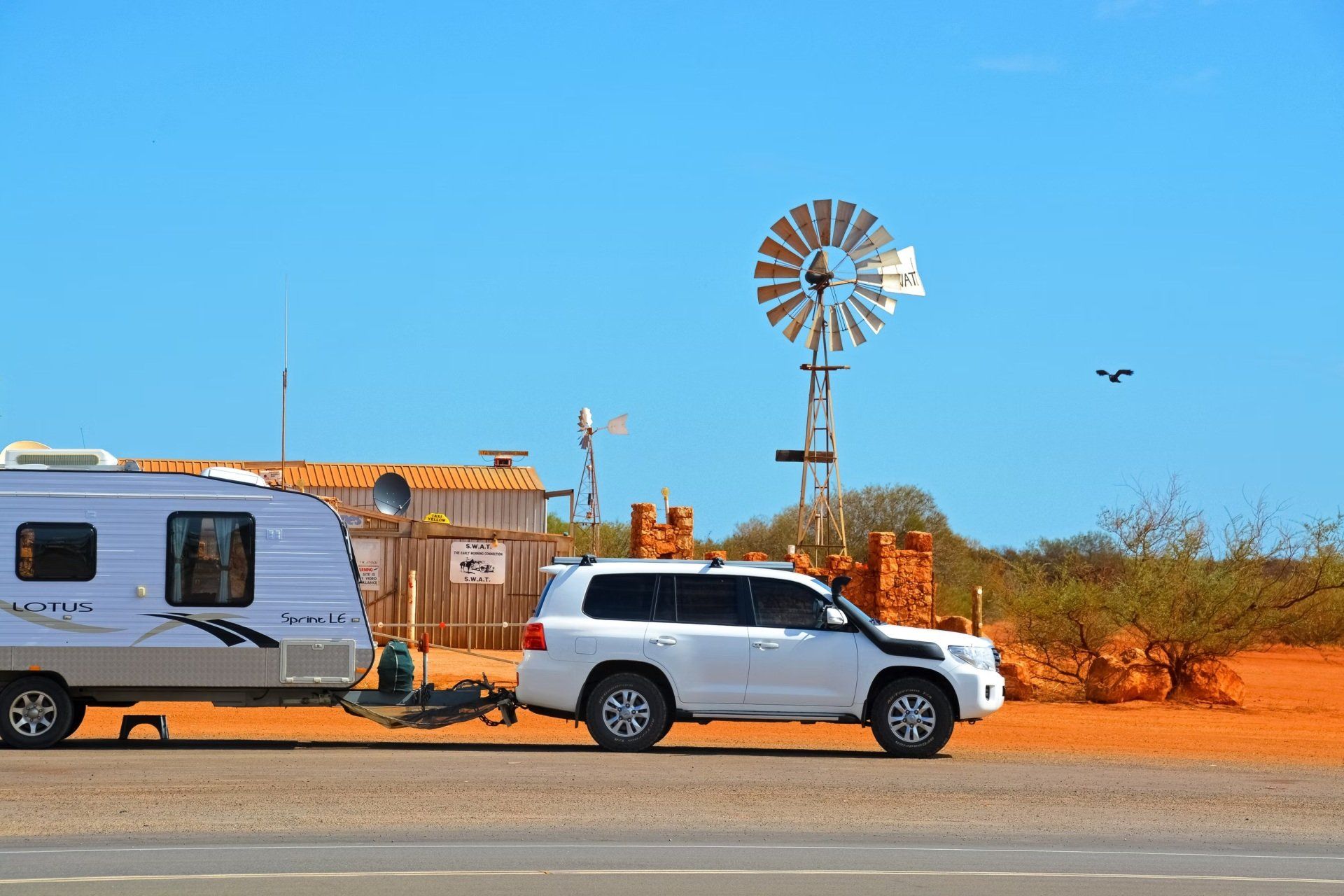
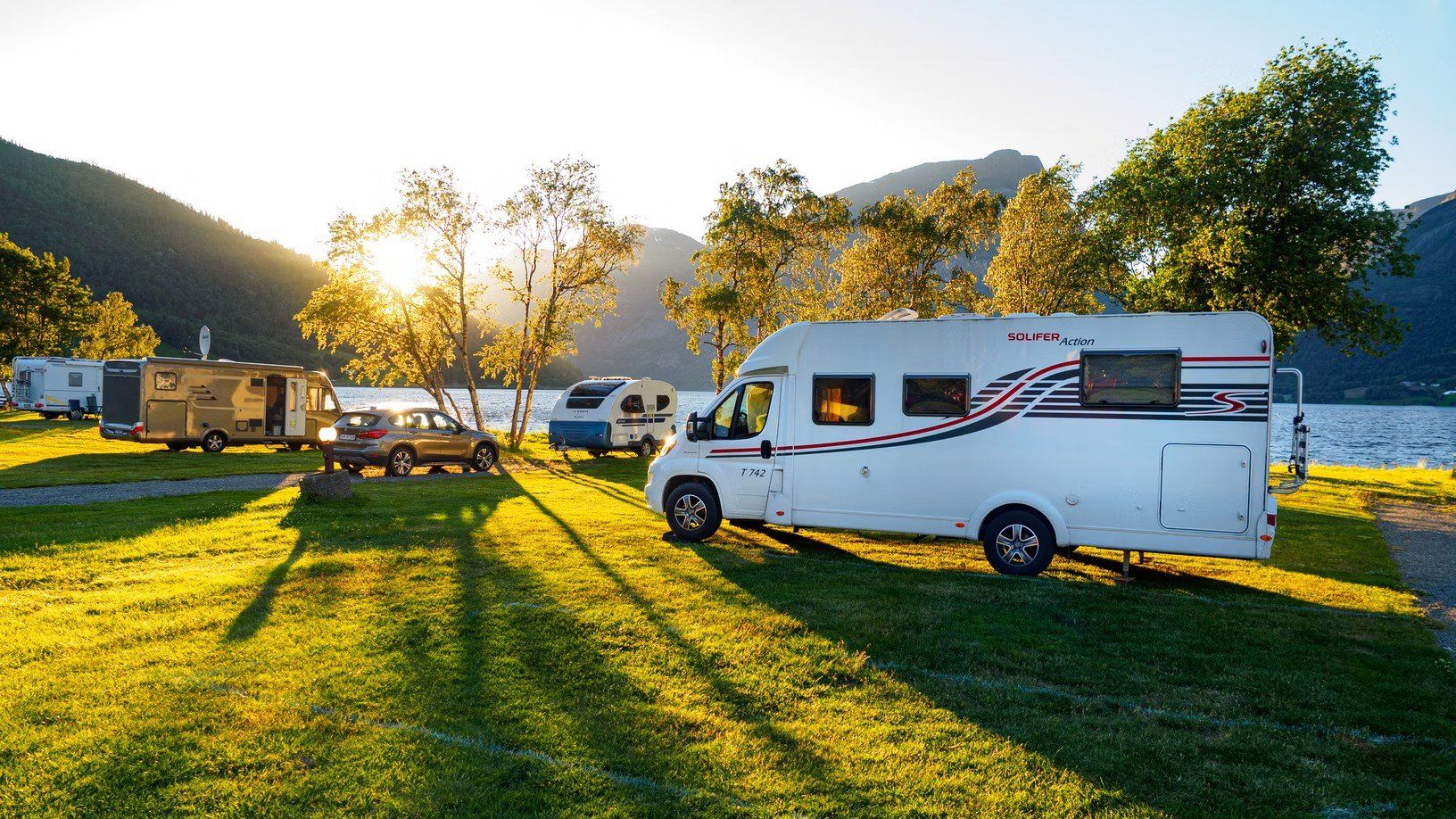
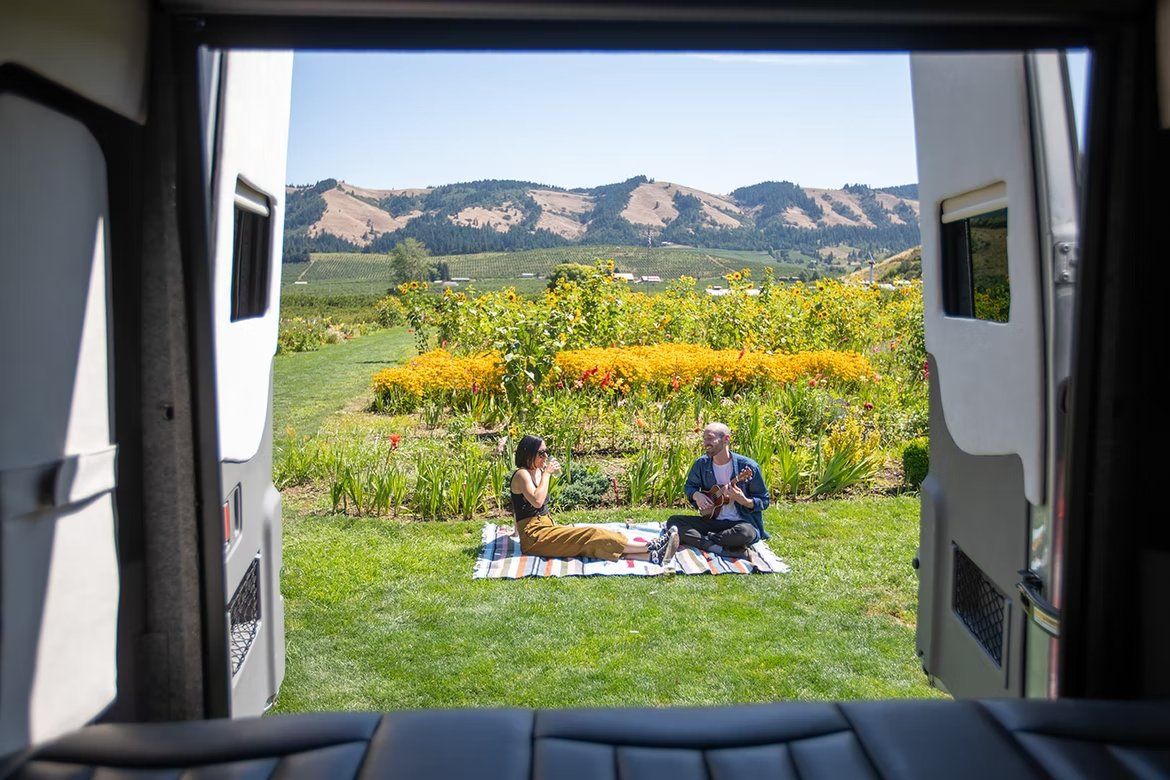
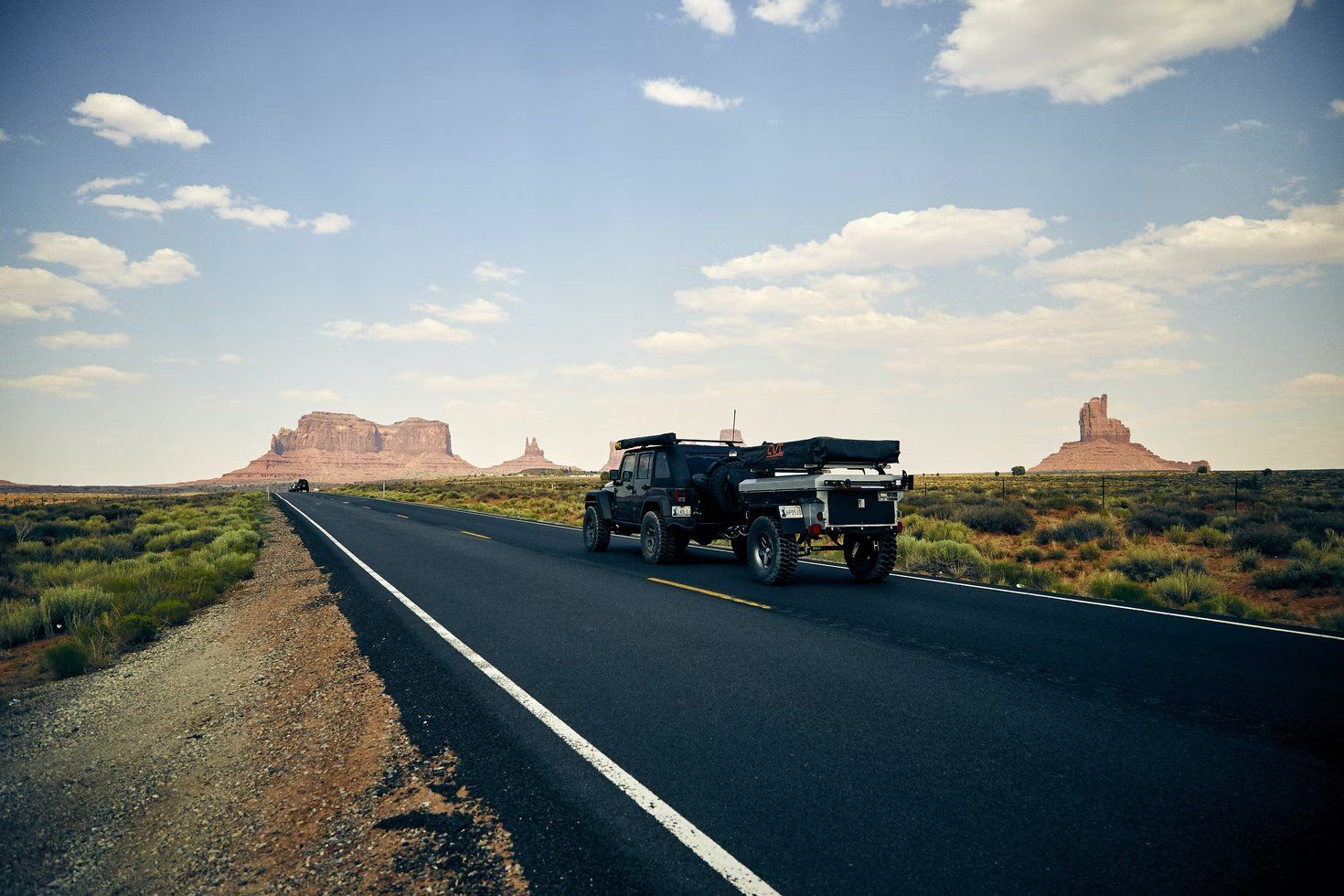
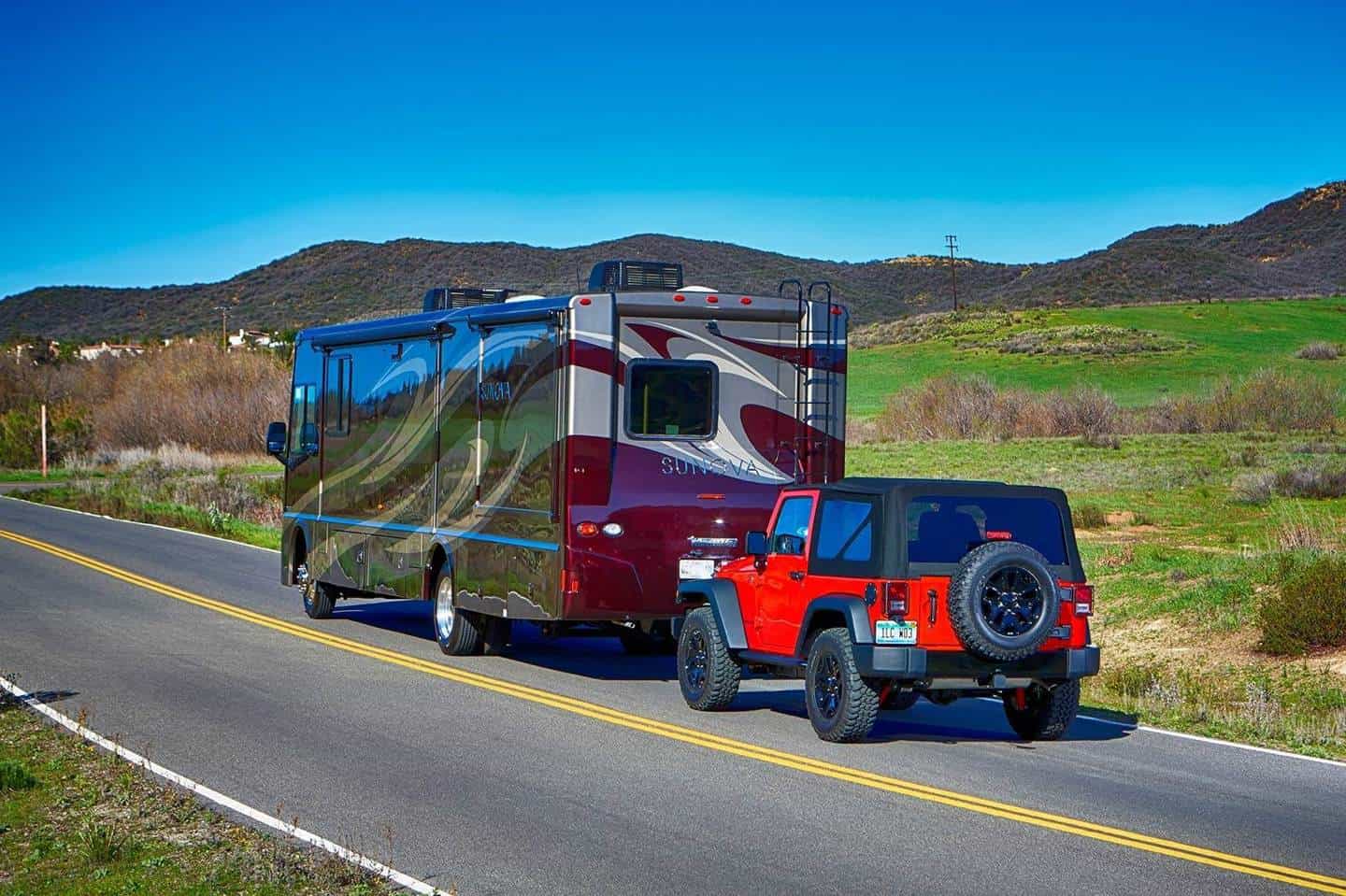
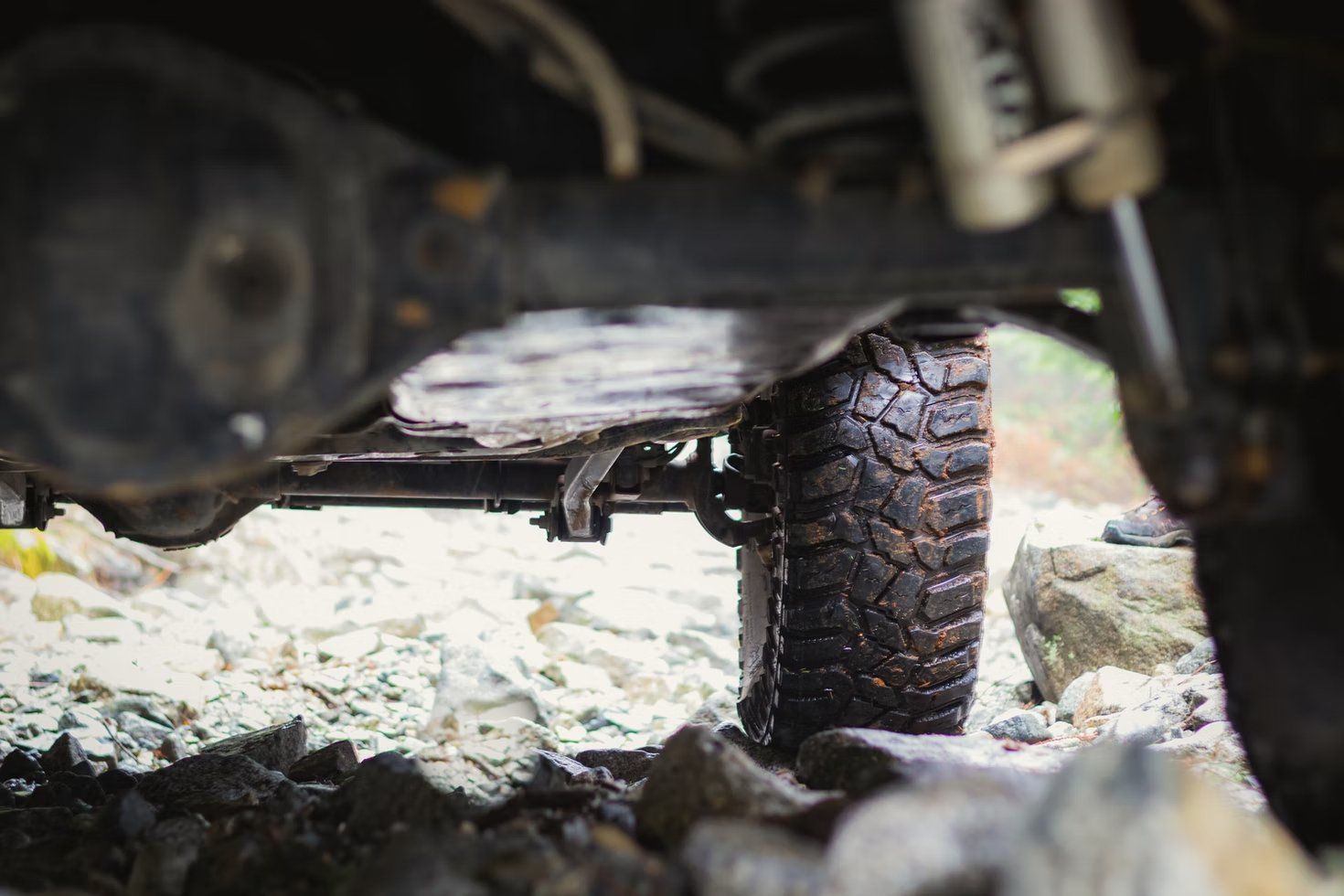




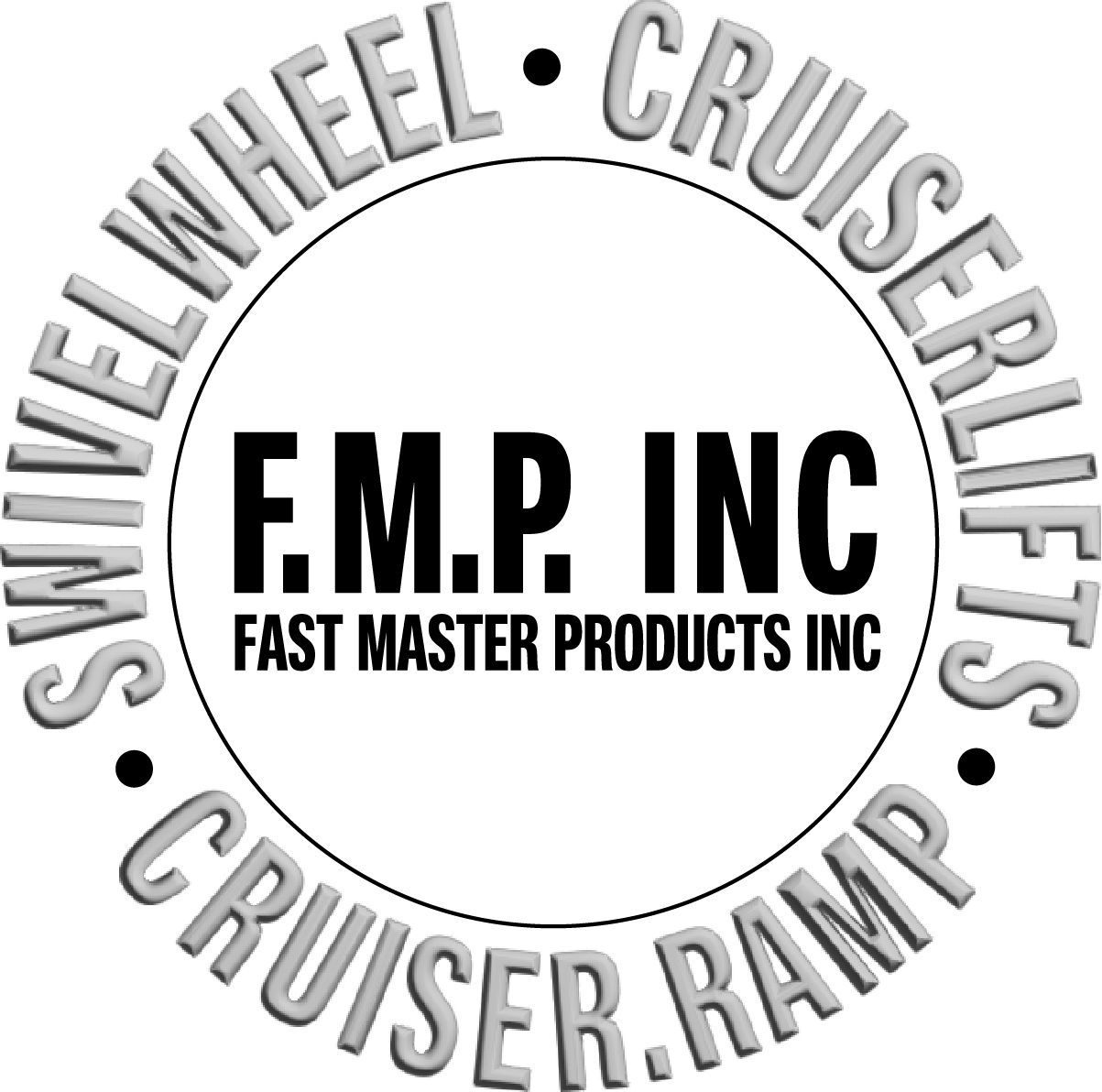
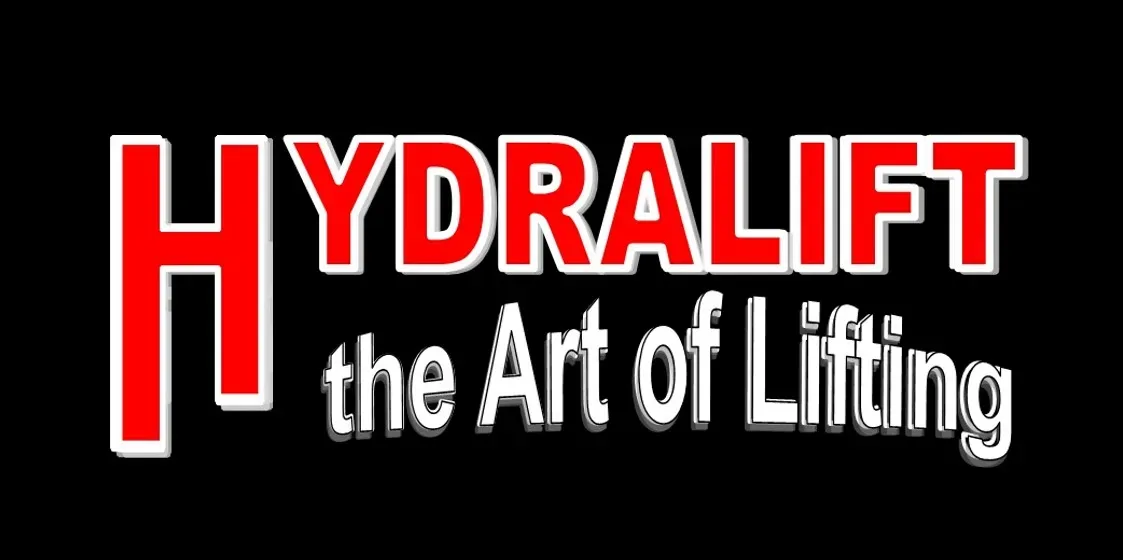






Share On: